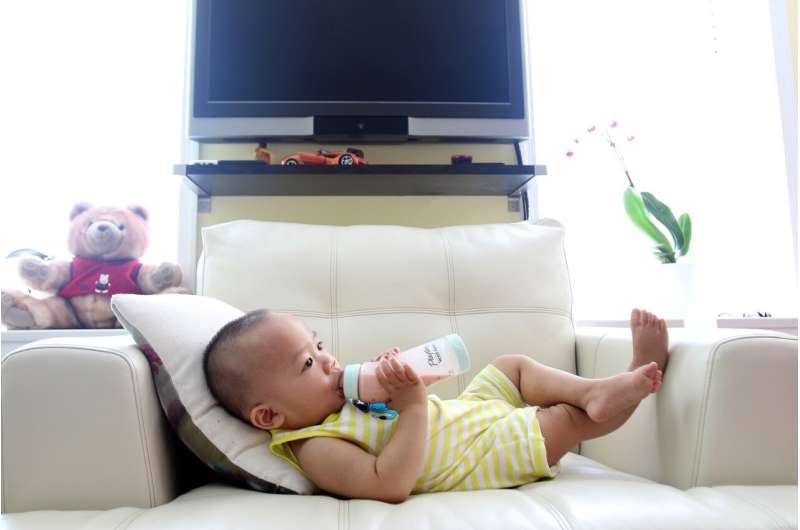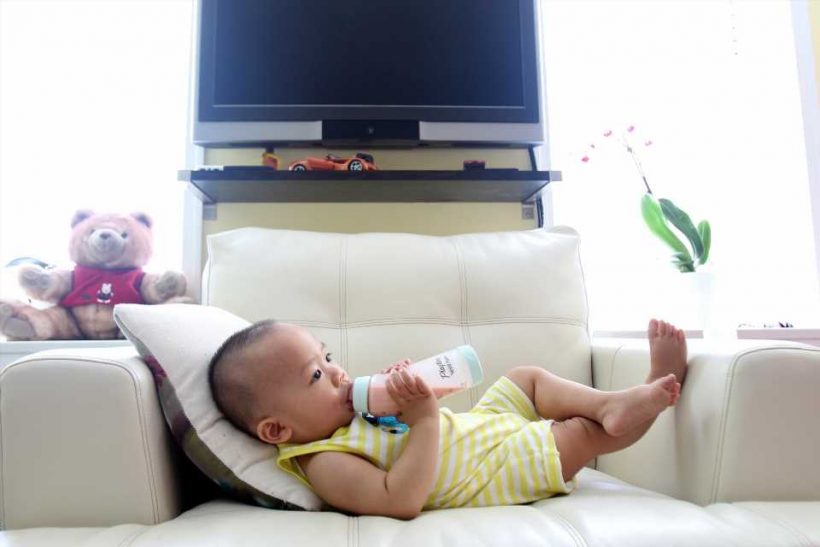
Many countries, including the UK, have toughened their approach to formula milk products that claim to reduce allergy risks. But elsewhere, consumers are still being persuaded to buy products that make health claims without high quality evidence, reports journalist Melanie Newman in The BMJ today.
The health claims have been made for hydrolysed milk—a type of formula milk containing cows’ milk proteins that have already been partly broken down. This is supposed to make it easier to digest and help prevent problems such as colic and constipation.
Over recent years, researchers have gradually debunked most claims that infant formula reduces the risk of babies developing cow’s milk allergy and eczema.
As such, several countries including Australia and the US have changed guidelines that previously recommended using hydrolysed formula to prevent allergies, while the UK recommends specialist formula only for the treatment of suspected IgE-mediated cow’s milk allergy and only when the product is extensively hydrolysed.
This growing consensus in the scientific community against the role of formula in allergy risk reduction has not, however, led to the withdrawal of products that make such claims elsewhere in the world, explains Newman.
For example in China, the largest and the most rapidly growing formula market in the world, Nestlé heavily promotes its NAN HA product as one that will reduce the risk of allergies.
The company says its activities are guided by evidence from the German Infant Nutritional Intervention (GINI) study, but in June 2021 the European Food Standards Agency rejected Nestlé’s evidence from the GINI study because of methodological limitations.
Nestlé said, “Allergy is a major concern for parents. Our aim is to use our research and innovation to provide them with infant formulas that can help prevent and manage allergies in babies.”
They acknowledged the EFSA’s opinion but said this “does not reflect the GINI 20 year follow-up results … which further strengthen the evidence of efficacy of our partially hydrolysed infant formula.”
Meanwhile, Danone vigorously promotes its partially hydrolysed formula (Nutrilon HA stage 1 and stage 2) for allergy prevention in countries such as Russia, despite a 2018 policy saying it will not advertise or promote infant or follow-on formula for children under 12 months of age here and in other countries where babies are at higher risk of acute malnutrition, illness and death.
Danone said that in Russia Nutrilon HA stage 1 and stage 2 are designated by local legislation as “food for special medical purposes” and not breast milk substitutes. “As such, these products are for patients who have been diagnosed with a medical condition, and are prescribed by a healthcare professional.”
But Nigel Rollins of WHO’s Department of Maternal, Newborn, Child and Adolescent Health says that childhood health disorders are commonly used to market products with claims based on weak evidence.
“Families are vulnerable—they are seeking to do the best for their child but do not have a knowledge base on which to form their judgments,” he says. “They are easily influenced by marketing that identifies a problem and provides a solution in the form of a product.”
For Victoria Sibson, director of the First Steps Nutrition Trust, only robust research should be used to evidence claims. “Breast milk substitute companies exploit regulatory loopholes to get away with making claims about their products which are not backed up by robust research,” she says.
Source: Read Full Article






